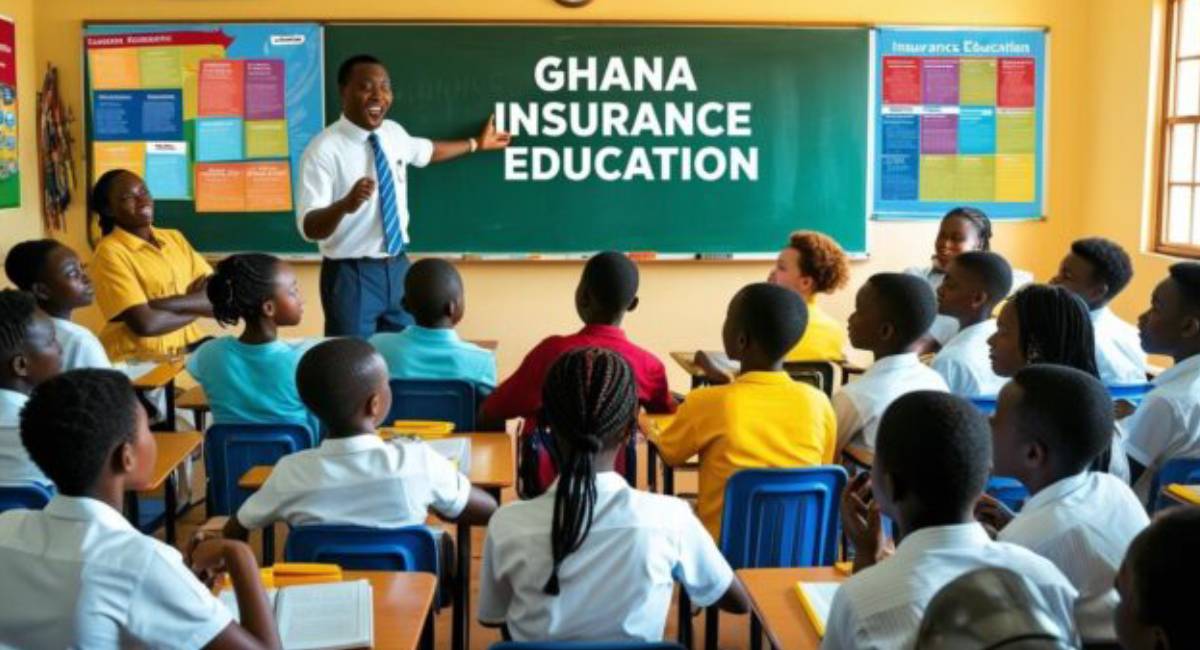
By Bernard AKYIN-ARKOH &Janice Ama ANDOH
“During a casual conversation, a friend shared an astonishing story about his 4-year-old nephew in the United States. As the family was preparing to move states, the little boy insisted they insure their house keys.
When asked why, he replied, ‘So if the keys get lost, the insurance people will pay for it.’ This innocent yet profound statement left us pondering: How does a child so young understand the basic tenet of insurance?
Was it taught in school or at home? Is he regularly exposed to content about risk and loss?”
For many Ghanaians, insurance remains an abstract concept, something encountered only in adulthood, if at all. Majority encountered the concept of insurance in their adult age and they see it as a profession but in real life, insurance is not just a profession but as a critical life skill.
This revelation compels many to ask: What is lacking in Ghana’s approach to financial literacy? More importantly, how can we bridge this gap and instill the importance of insurance in everyday life?
Insurance Demystified: A Safety Net for Life’s Uncertainties
At its core, insurance is a safety net. You pay a small, regular premium and in return, you’re protected against significant financial losses from accidents, illnesses, or other unforeseen events.
But a common rebuttal arises: “What if nothing bad happens? Isn’t it a waste of money?”
To answer this, consider another question: Why do you save money? Just as savings prepare us for future needs, insurance prepares us for risks, because life is inherently uncertain. Some risks are minor, like spilling coffee on your laptop, while others are life-altering, such as a sudden illness, job loss, or property damage.
Let’s consider Mr. Addo’s double tragedy, who returned from his graduation celebration to find his car in flames, coming just weeks after his home collapsed due to faulty construction.
Or Elsie Kaman’s struggle, an average-income mother facing her husband’s six-month dialysis treatment while trying to support three children. These aren’t hypothetical scenarios – they’re actual situations where insurance could mean the difference between recovery and financial ruin.
These true stories underscore a harsh reality: emergencies don’t discriminate. Insurance isn’t a luxury, it’s a lifeline.
Why Insurance Matters for Ghana
A widespread understanding of insurance can transform Ghanaian households and the economy at large:
Protection for vulnerable families: Most Ghanaians live on daily wages. A single accident or medical emergency can devastate an entire household’s finances. Health insurance (like NHIS) prevents medical bills from draining savings, while motor and property insurance cushion costly losses.

